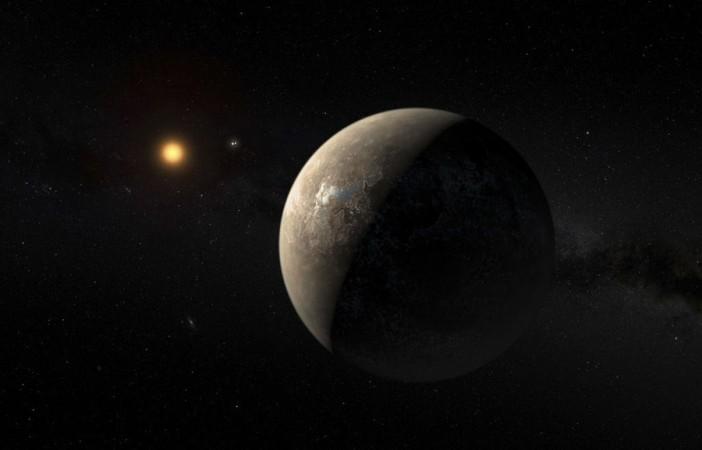
A latest study has revealed that Earth-like exoplanets might not be as habitable as once thought .
Also Read: SuperWASP-South Observatory discovers 3 new gas giant exoplanets!
Two years ago, the exoplanet Wolf 1061c, which orbits the star, Wolf 1061, was discovered and reported to fall within the habitable zone, also known as the "Goldilocks zone".
The Goldilocks zone is a zone around a star within which an orbiting planet would have the right temperature to support human life, and maintain water in its liquid state.
Wolf 1061c is located around 14 lightyears away from Earth (approximately 84 trillion miles), between "conservative habitable zone limits of 0.092 to 0.18 AU and optimistic limits of 0.073 to 0.19 AU" from its host star, as reported by the Christian Science Monitor.
Professor Stephen Kane, an astrophysicist with the San Francisco State University warned, however, that the exoplanet could end up featuring the same inhospitable conditions like our Solar System's Venus.
"A planet that's too close would be too hot. If it's too far, it may be too cold and any water would freeze, which is what happens on Mars. Conversely, when planets warm, a 'runaway greenhouse effect' can occur where heat gets trapped in the atmosphere," Kane told Sci News.
"It's close enough to Wolf 1061 where it's looking suspiciously like runaway greenhouse," Kane added.
Venus is said to have experienced a "runaway greenhouse" effect at some point in the distant past. According to scientists, Venus may have originally had liquid oceans, which boiled away due to large-scale volcanic activity. This in turn released massive amounts of CO2 into the atmosphere that is responsible for Venus's thick acidic cloud cover, inhospitable environment and temperatures in excess of 700C.
Further research will be conducted on Wolf 1061c by Kane and his team to see if Goldlocks just became a fiery hot death trap.















